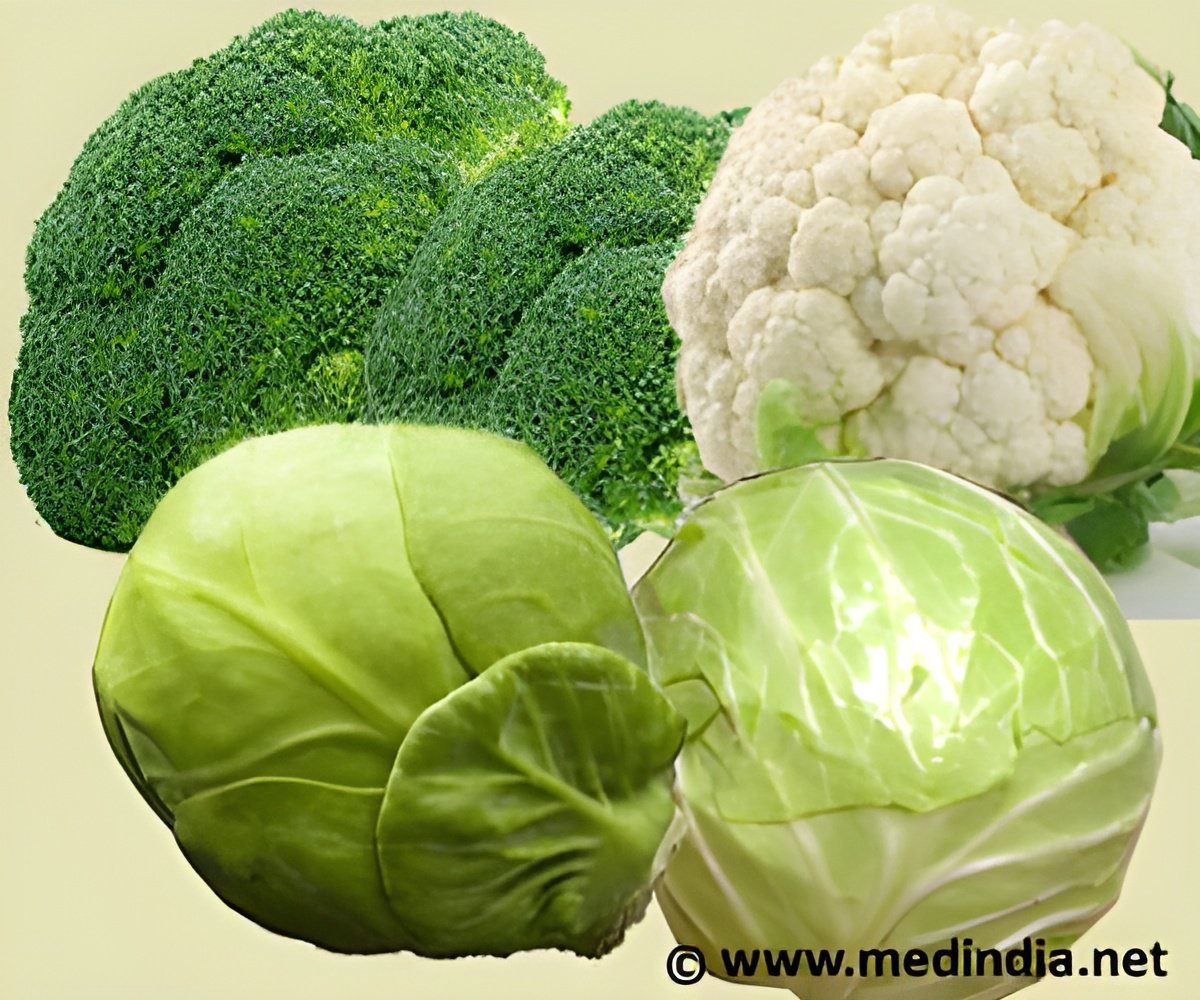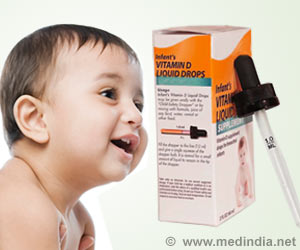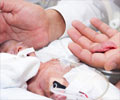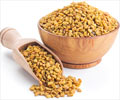Researchers find that the diet of a mother during pregnancy can impact the immune systems of premature infants.

TOP INSIGHT
Diet rich in cruciferous vegetables can enhance the immune system of premature infants.
Read More..
When enough cells die to create a hole in the intestinal wall, the bacteria enters the bloodstream and causes fatal sepsis.
Previous mice studies have shown that NEC results when premature infants' underdeveloped intestinal lining produces high amounts of the toll-like receptor 4 (TLR4) protein.
TLR4 binds with gut bacteria and keeps them in check in full-term babies, while in premature infants, excess amounts of TLR4 directs the body's defense mechanism to attack the intestinal wall instead. I3C is known to switch off the production of TLR4.
"Based on this understanding, we designed our latest study to see if I3C could be fed to pregnant mice, get passed to their unborn children, and then protect them against NEC after birth," says David Hackam, senior author. "We also wanted to determine if I3C in breast milk could maintain that protection as the infants grow."
The researchers investigated whether breast milk with I3C would continue to give infant mice protection against NEC in the second experiment. They used mice genetically bred without the aryl hydrocarbon receptor (AHR) - the binding site on intestinal cells for I3C.
The researchers state that this suggests that AHR activation is required to protect babies from NEC and that a mother's diet during breastfeeding can impact breast milk's ability to boost an infant's developing immune system.
The researchers then searched for a drug for pregnant women to optimize AHR's positive effect and reduce NEC's risk. They found that A18 (Clinical Name - Lansoprazole, a drug used for treating gastrointestinal hyperacidity) activates the I3C receptor, limits TLR4 signaling, and prevents gut bacteria from infiltrating the intestinal wall.
The drug has been tested on human intestinal tissues removed from patients with NEC.
"These findings enable us to imagine the possibility of developing a maternal diet that can not only boost an infant's overall growth but also enhance the immune system of a developing fetus and, in turn, reduce the risk of NEC if the baby is born prematurely," says Hackam.
Source-Medindia
 MEDINDIA
MEDINDIA




 Email
Email










